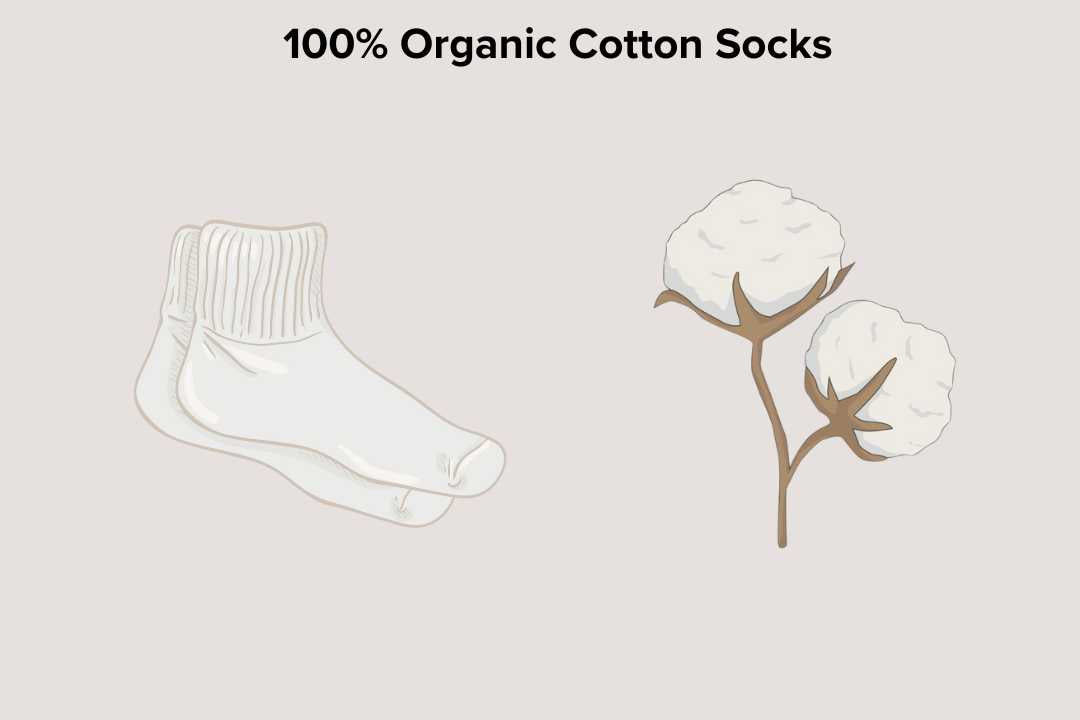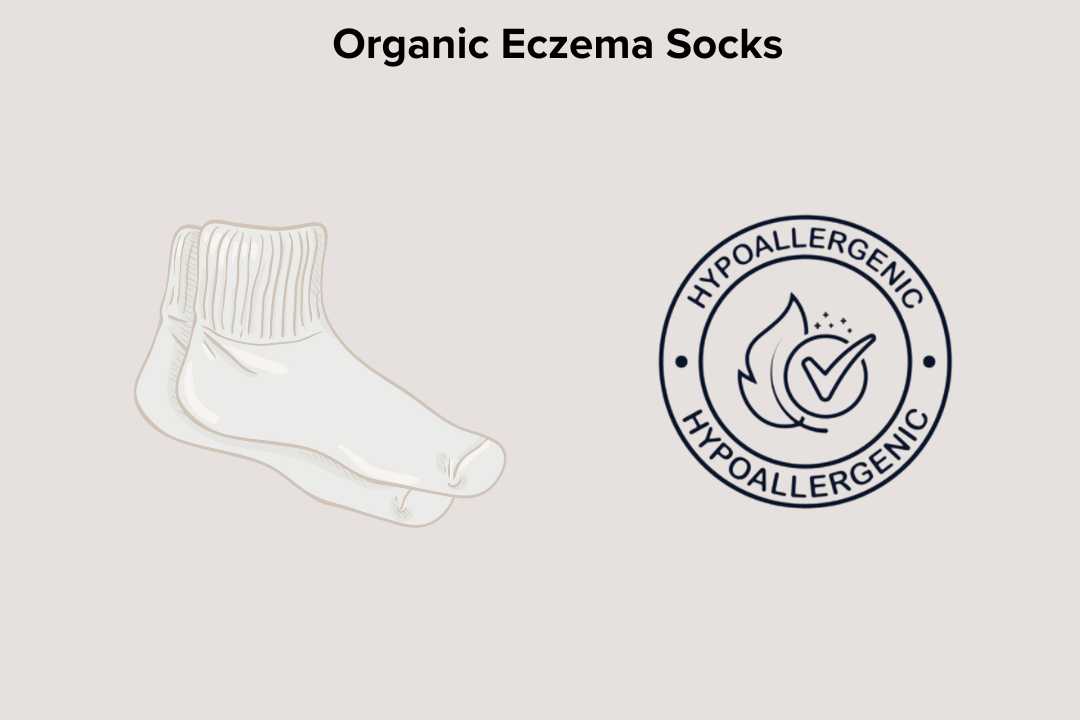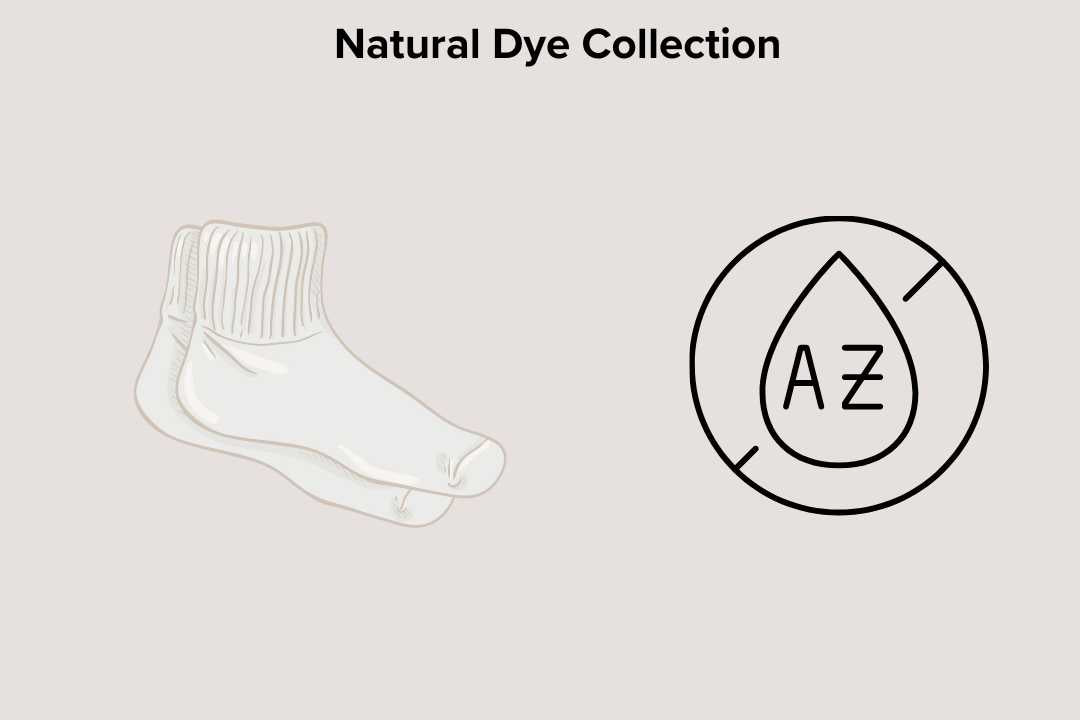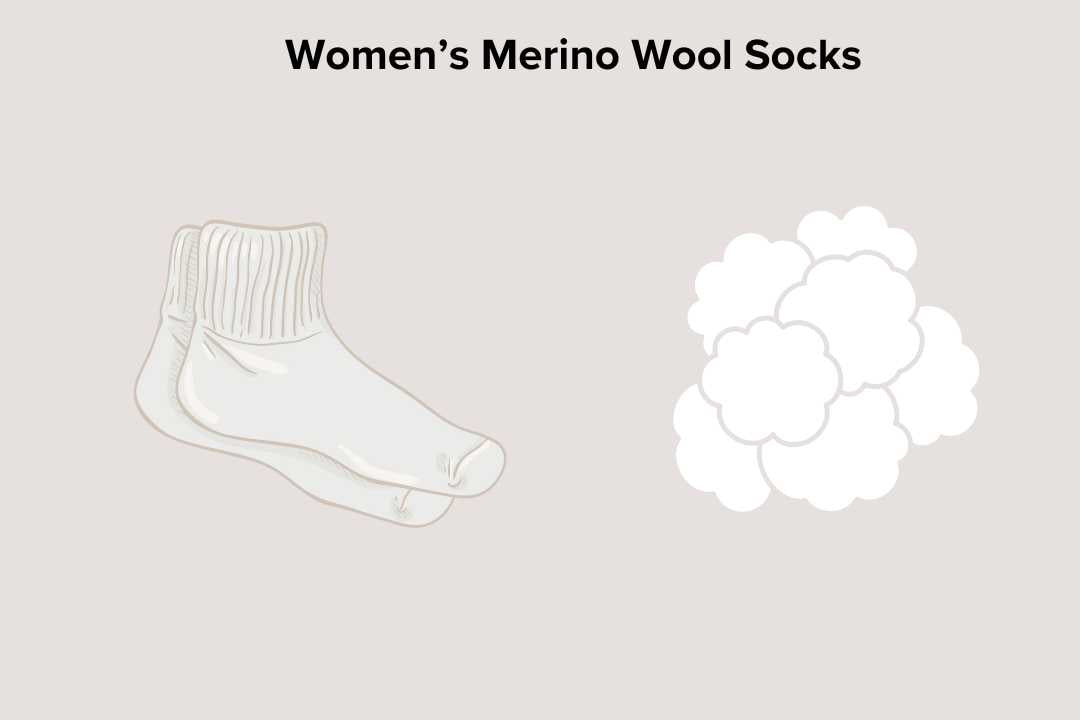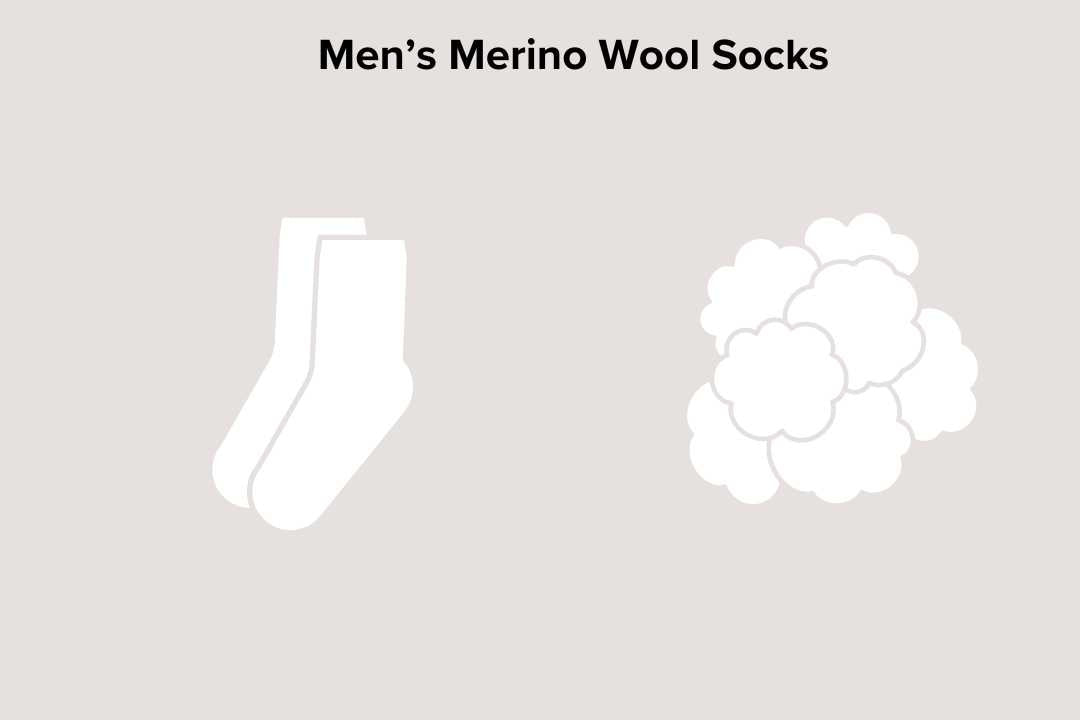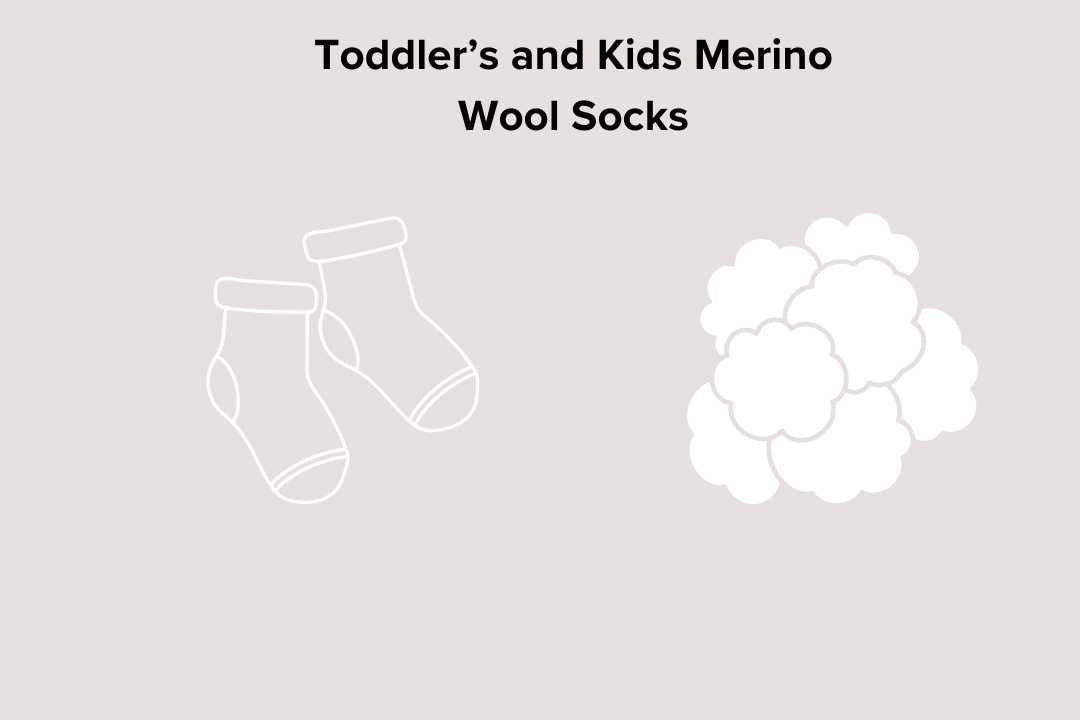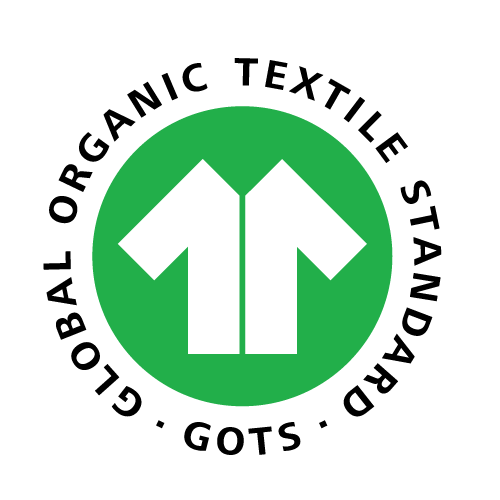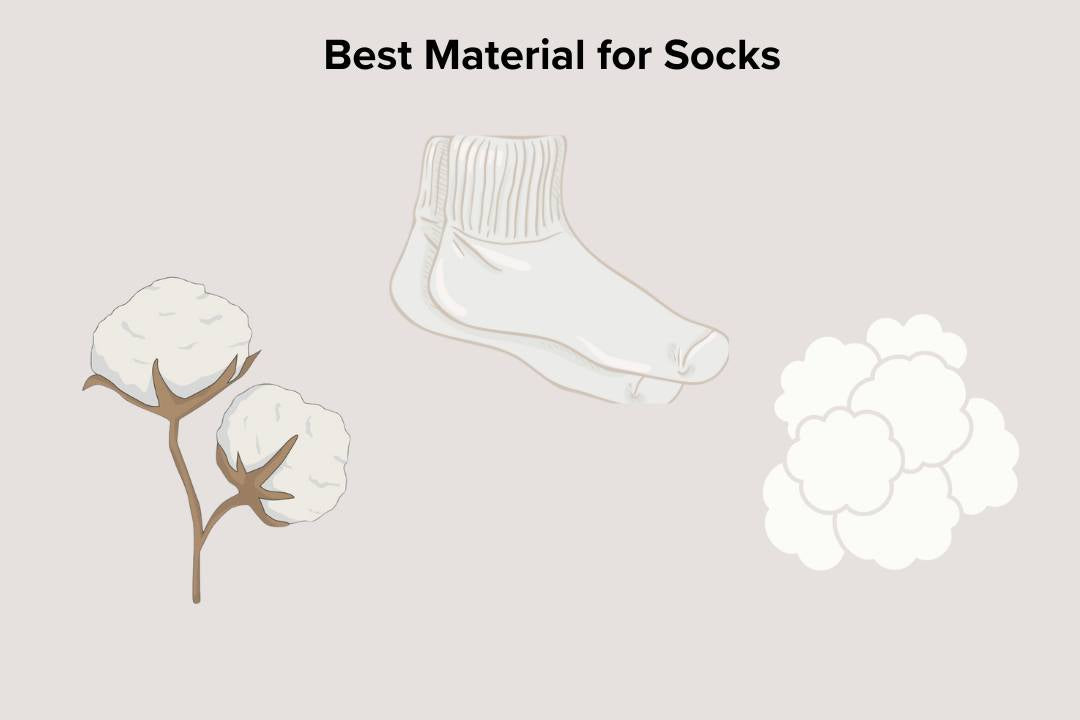
The Best Material for Socks: Perfect Fabric for Your Feet
Our everyday clothing is incomplete without socks. The right pair of socks can significantly affect how your feet feel throughout the day. Whether at work, hitting the gym, or lounging at home, selecting the best material for socks is essential for optimal comfort and support.
This article examines the best material for socks, their benefits, and their ideal uses. We cover everything from the softness of organic cotton to the durability of synthetic fibers and the luxury of silk.
Importance of Choosing the Best Sock Material
Choosing the suitable sock material is essential for several reasons:
- Comfort: Ensures a pleasant feel on your skin.
- Durability: Determines how long your socks last.
- Breathability: Impacts how well your feet can breathe, preventing sweat build-up.
- Moisture Management: Keeps your feet dry, reducing the risk of blisters and fungal infections.
- Temperature Regulation: Helps maintain optimal foot temperature, providing insulation in cold weather and comfort in warm conditions.
Key Considerations When Choosing The Best Fabric For Socks
When selecting sock materials, consider the following factors:
- Softness: Ensures comfort, especially for sensitive skin or prolonged wear.
- Elasticity: Provides a snug fit without causing discomfort.
- Odor Resistance: Keeps feet fresh by preventing unpleasant smells.
- Ease of Care: Some materials are more convenient to wash and maintain.
Organic Cotton: A Natural Choice
Organic cotton is produced using sustainable methods that reduce environmental impact and improve farmer health. It is grown without synthetic pesticides, herbicides, or fertilizers, making it a hypoallergenic and eco-friendly choice. In contrast, conventional cotton often relies on chemical treatments.
Advantages of Organic Cotton
Organic cotton offers numerous benefits, making it a popular choice for socks.
- Softness: Organic cotton is soft and gentle on the skin, providing excellent comfort.
- Breathability: Allows air circulation, keeping feet cool and dry.
- Hypoallergenic: Ideal for those with sensitive skin or allergies.
- Eco-Friendly: Grown and processed using sustainable practices that are better for the environment.
Best and Not Suited For
Organic cotton is widely suitable for various applications, especially in socks.
- Best For: Everyday wear, sensitive skin, warm weather.
- Not Suited For: High-intensity activities and wet conditions (absorbs moisture and takes longer to dry).
At Q for Quinn, we offer premium-quality 98% and 100% cotton socks and unisex cotton socks for men and women. Our organic cotton socks ensure that everyone in the family enjoys comfort and well-being. We also have a range of organic cotton baby socks and organic cotton socks for toddlers & kids, allowing children to experience unmatched comfort and benefit from the health advantages of hypoallergenic and the most breathable sock materials.
Merino Wool: A Superior Choice
Merino wool is derived from Merino sheep, known for their fine, soft fibers. Merino wool is much finer and smoother than regular wool, making it one of the most comfortable sock materials. Additionally, it is less itchy, providing a more pleasant wearing experience.
Advantages of Merino Wool
Merino wool offers several benefits:
- Excellent Insulation: Keeps feet warm in cold weather.
- Moisture-Wicking: Effectively wicks moisture away, keeping feet dry.
- Odor-Resistant: Naturally resists odors, maintaining fresh socks.
- Soft and Non-Itchy: Comfortable for prolonged wear.
Many consider Merino wool the best sock material due to its excellent insulation, moisture-wicking properties, and natural odor resistance.
Best and Not Suited For
Merino wool is ideal for many uses, but not all.
- Best For: Cold weather, outdoor activities, long wear.
- Not Suited For: Hot weather, vegans (as it is an animal product).
Discover Q for Quinn’s collections of women’s merino wool socks, men’s merino wool socks, and kids' Merino wool socks to experience the perfect blend of warmth, comfort, and durability
Though organic cotton and Merino wool are the best sock materials, let’s explore other fabrics as well.
Bamboo: A Sustainable Choice
Bamboo is a fast-growing plant known for its sustainability. Its fibers create soft, breathable, and environmentally friendly fabric, making it an excellent material for socks.
Advantages of Bamboo
Bamboo offers several benefits:
- Softness: Bamboo fibers are incredibly soft and comfortable against the skin.
- Breathability: Allows air circulation, keeping feet cool and dry.
- Eco-Friendly: Proliferates and requires fewer resources than other crops.
- Antimicrobial: Resistant to bacteria, reducing odor.
While bamboo socks are a great option, the production process can sometimes involve chemicals.
At Q for Quinn, we offer an undyed collection, which is an excellent alternative. Our socks are free from harmful chemicals and provide the same level of comfort and breathability. Explore our collection of naturally dyed socks for a chemical-free, eco-friendly choice.
Best and Not Suited For
Bamboo is ideal for many uses, but not all.
- Best For: Everyday wear, warm weather.
- Not Suited For: High-intensity activities, cold weather.
Synthetic Fibers: A Durable Choice
Synthetic fibers are man-made materials created through chemical processes, typically derived from petroleum. Common types include nylon, polyester, and acrylic.
Advantages of Synthetic Fibers
Although synthetic fibers are not natural, they offer several benefits:
- Durability: Long-lasting and resistant to wear and tear. This durability makes synthetic fibers the most durable sock material.
- Moisture-Wicking: Helps keep feet dry by drawing moisture away from the skin.
- Quick-Drying: Dries faster than natural fibers.
- Affordable: Generally less expensive than natural fibers.
Best and Not Suited For
People often choose synthetic fibers for their durability and performance in various conditions. However, they are only ideal for some.
- Best For: Athletic wear, casual wear, wet conditions.
- Not Suited For: Sensitive skin, extreme temperatures.
Silk: A Luxurious Choice
Silk is a natural protein fiber produced by silkworms. The production process involves harvesting the silk threads from the cocoons of silkworms, which are then spun into a luxurious and smooth fabric. Often regarded as the best sock material for dress socks and sensitive skin, silk provides a soft, silky feel and excellent temperature regulation.
Advantages of Silk
Silk has many qualities that make it a premium material for socks:
- Soft and Smooth: Provides a luxurious feel against the skin.
- Temperature Regulating: Keeps feet cool in the summer and warm in the winter.
- Hypoallergenic: Less likely to cause allergic reactions.
- Lightweight: Comfortable and easy to wear.
While our socks are not made from silk, they are a cost-effective alternative and provide exceptional comfort and a lightweight feel. Explore our lightweight merino wool socks to experience superior comfort and quality.
Best and Not Suited For
Silk is perfect for certain conditions but not all:
- Best For: Dress socks, sensitive skin, mild weather.
- Not Suited For: Athletic activities, rough conditions.
Blended Fabrics: Combining the Best of Both Worlds
Blended fabrics combine natural and synthetic fibers to enhance performance and comfort. These blends are produced by spinning together fibers such as cotton and polyester or wool and nylon, creating fabrics that offer the benefits of both types.
Advantages of Blended Fabrics
Blended fabrics offer a unique set of benefits:
- Versatility: Combines the benefits of multiple fibers.
- Enhanced Performance: Improved durability, comfort, and moisture management.
- Cost-Effective: Often more affordable than pure natural fibers.
Best and Not Suited For
Blended fabrics are versatile but may not suit every need:
- Best For: Everyday wear, versatile use, various weather conditions.
- Not Suited For: Specific allergies to certain fibers.
Specialty Socks: For Specific Needs
Specialty materials such as alpaca, cashmere, and spandex offer unique benefits for specific needs. These materials provide extra warmth, softness, or elasticity, making them ideal for specialized applications like high-performance athletic wear or luxurious winter socks.
Advantages of Specialty Materials
Specialty materials offer several benefits:
- Warmth: Alpaca and cashmere provide exceptional insulation, keeping feet warm in cold weather.
- Softness: These materials are incredibly soft, providing a luxurious feel against the skin.
- Elasticity: Spandex adds stretch, ensuring a snug and comfortable fit.
Best and Not Suited For
Specialty materials are perfect for specific uses, but not all.
- Best For: Winter wear, luxury socks, athletic wear.
- Not Suited For: Everyday wear (due to higher cost), extreme conditions (depending on the material).
Sock Material and Foot Health: Key Tips
Choosing a suitable sock material is essential for maintaining foot health. Consider these key tips:
- Prioritize Natural and Organic Materials: Opt for the most breathable sock material, like our pure organic adult ankle socks, which provide excellent comfort and breathability.
- Adapt to Climate and Weather: Choose materials that provide warmth in cold weather and coolness in warm weather. You can choose merino wool mid-weight adult socks, ideal for cold and warm weather, so you don’t need different pairs for different weather conditions.
- Manage Allergies and Sensitivities: Select hypoallergenic materials for sensitive skin or allergies, especially for little ones. Try our specially designed eczema socks for optimal comfort.
- Check for Cushioning and Support: Look for socks with extra cushioning and arch support to add comfort and reduce foot fatigue.
Final Thoughts
Selecting the best material for socks is important for comfort and foot health.
By understanding the benefits of different materials, you can make an informed choice that best suits your needs. Whether you value softness, durability, or environmental friendliness, the suitable sock material can significantly affect your daily comfort and well-being.
Choose Q for Quinn for the best comfort and quality with our organic cotton and Merino wool socks. Our socks are designed to provide the perfect balance of softness, durability, and environmental friendliness. Experience a blend of comfort that aligns with your values for sustainable and ethical fashion.




